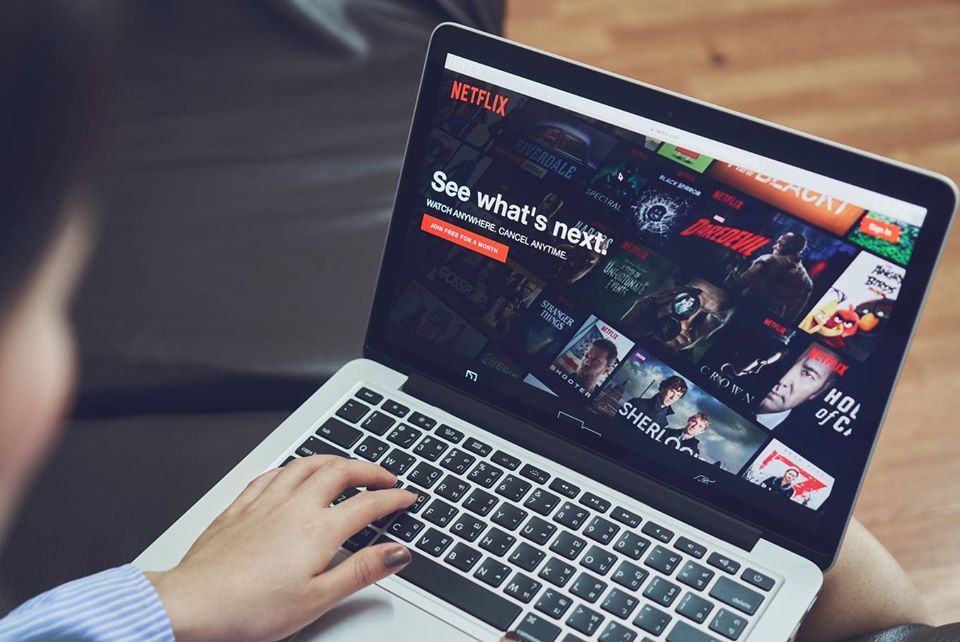
“I work on the file as I go along, and then I would watch it again just to do any fixing up,” she said. Webster, as a QCer, would work alongside Jeff in making sure the “Stranger Things” subtitles turned out perfectly. And I really wanted that palpable sense.” “And I go, ‘What are these words that elicit this visceral response?’ And ‘squelch’ is just - you can feel it when you hear that, right? You can feel mud oozing between your fingers or between your toes. “One thing that I started doing lately is I watch ASMR streams on YouTube, and I look at the words they use,” said Jeff on how he gets his ideas. How, then, does a role in Netflix subtitling - or as a subtitler for any other streaming show - work? Unsurprisingly, it’s mostly conducted independently. What’s the process behind Netflix subtitling? Whoever writes the Stranger Things subtitles is definitely a frustrated poet. Subtitling - a profession that seemed fairly straightforward up until this point - follows the same trajectory. The nature of studying literature is to consider the varying use of language - why authors make the choices they do, and how that influences the reception of their work. For example, “eldritch thrumming” was influenced by the signature eldritch blast used by warlocks in the game.Īny English student will be familiar with the concept of coming up with descriptors that are both accurate and eye-catching. I put a ton of ‘Dungeons & Dragons’ Easter eggs into the subtitles.”įans of “Stranger Things” will know that the role-playing game plays a huge role in the series, particularly because its main characters frequently reference it. “I’ve been playing D&D for about 20 years now. “This was actually the perfect project for me, because I’m a huge sci-fi fantasy nerd,” he told Netflix. Meanwhile, Jeff is an author - something that’s apparent in his subtitling choices. Of the two, Webster is an English SDH (subtitles for the deaf and hard of hearing) QCer (quality checker), and describes trying to “strike a balance between descriptors that will describe something well for someone who’s never heard or that will recall an emotion or a feeling for the hard of hearing audience that they did feel perhaps when they were able to hear music, as well as other sound effects.” These subtitles have to be there for all of those levels of hearing loss.” There are people who’ve lost their hearing as their life has progressed or people with partial hearing loss. “But when we’re saying something that’s specific to the deaf and hard of hearing audience, it’s never just for one part of that audience, because they don’t split subtitles just for people who deaf since birth.

“Obviously we’re trying to encompass the genre, the feel of the moment,” Webster explains. However, there are many factors that influenced the choices made by the Netflix subtitling team. With the number of memes that have emerged from the “Stranger Things” subtitles, it’s easy to forget the amount of time both Webster and Jeff spent on this project. Source: Emma McIntyre/AFP A look into the minds behind the “Stranger Things” subtitles The Netflix subtitling team was praised for enhancing the on-screen performances of “Stranger Things” and creating a more immersive viewing experience for the deaf and hard of hearing.
WORKING AS A SUBTITLER FOR NETFLIX HOW TO
If this sounds like something you’re interested in pursuing professionally or part-time, read on to find out what subtitling entails, how it can help add elements of creativity into your professional career, and how to get your foot in the door. This certainly opens doors for English and linguistic students and graduates to explore and experiment with a career as a subtitler. were aiming to tackle a larger issue - making closed captions more accessible for the deaf and hard of hearing - it points to a more creative shift in subtitling as a career. While Webster and her Netflix subtitling partner Jeff T.

The reception these “Stranger Things” subtitles have received shows that the world of closed captioning is beginning to change for the better. “You see people who have this weird, uncomfortable feeling towards the word ‘moistly’, but that’s the feeling that we want people to feel in that moment. “It’s hilarious the response that those types of words have received,” shared one of the masterminds behind “Stranger Things” subtitles, Karli Webster. In fact, it’s become such a popular topic of conversation that the Netflix subtitling team themselves have addressed it. Twitter was alight with comments documenting the strange and other-wordly closed captions, from “wet squelching noises” to “tentacles undulating moistly”, pointing out how they added to the disturbing nature of most scenes. If you’ve seen the new season of “Stranger Things”, you’re probably aware of its unique brand of subtitling.


 0 kommentar(er)
0 kommentar(er)
